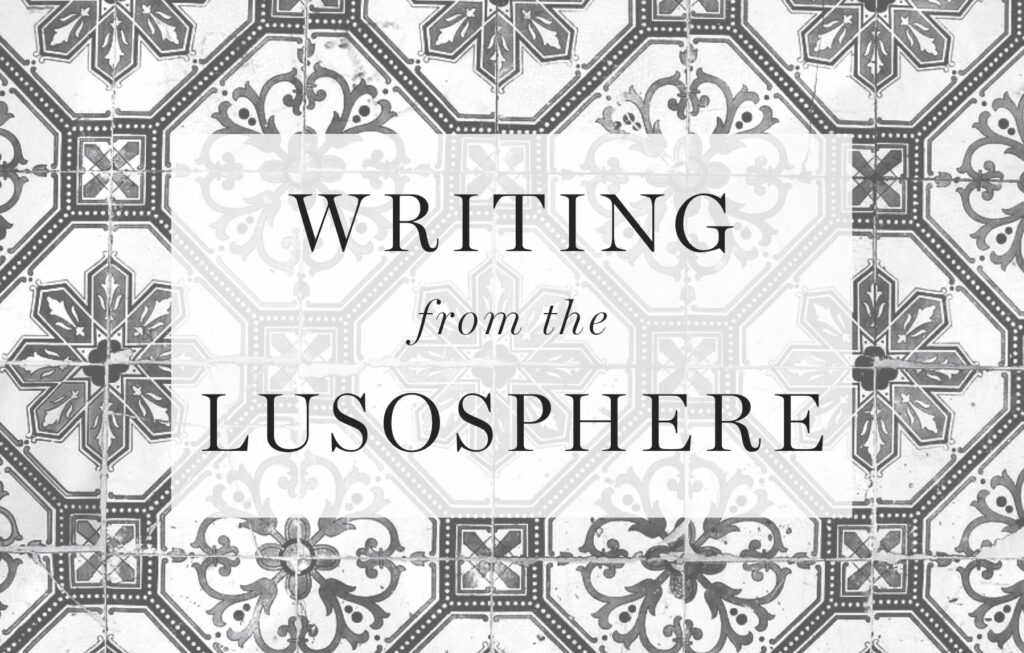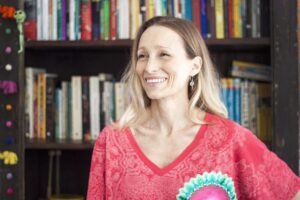This month we welcome back VIRGINIA KONCHAN with a single-author feature.
Table of Contents:
– Yoga Veda
– Memoir
– Beautiful
– Domestic
This month we welcome back VIRGINIA KONCHAN with a single-author feature.
Table of Contents:
– Yoga Veda
– Memoir
– Beautiful
– Domestic
Poetry by ŞÜKRÜ ERBAŞ
Translated from the Turkish by DERICK MATTERN
Poems appear in both Turkish and English below.
Translator’s Note:
Şükrü Erbaş was born when, as his mother said, “the vineyards were boiling”—that is, when the pekmez (a traditional grape syrup) was being made. He grew up among those vineyards and wheat fields and apple orchards, deep in the Anatolian countryside, in the town of Yozgat, not far from the ruins of the ancient capital of the Hittites.
Erbaş’s reputation in Turkish poetry hasn’t strayed far from the geography he grew up in, neither from its idyllic beauty nor from its brutal poverty and neglect. But while Erbaş doesn’t shy away from the politics or economic struggles of the long-suffering Anatolian people, he’s not reducible to a mere political or a nature poet. His reviewers usually accord him something like the status of a poet of witness. Poet-critic Şeref Bilsel calls Erbaş a socialist poet without slogans, one who doesn’t say “I need to speak” but rather “I have heard.”
Book by RICARDO MALDONADO
Review by ALICIA MIRELES CHRISTOFF
The word ‘heart’ means nothing to the heart. –Dionne Brand
Ricardo Alberto Maldonado calls his poems incantatory: they are meant to be sung or recited, to gather sense through their sounds. I felt this reading The Life Assignment: the enormous power of words–flat on the page and threatening permanent inertness–rising up animated and alive when given mouth and breath and ear, like fallen leaves swirled up by the wind. The collection opens with “I Give You My Heart / Os doy mi corazón,” written the week of September 20, 2017, after Hurricane Maria, the Category 5 superstorm that devastated the island and killed thousands in the Caribbean, made landfall in Puerto Rico. Maldonado’s speaker – perhaps living at a distance from the island, in New York City, at the time, like the poet himself – intones:
By ELIZA BREWER
It was mid August when my mom and I made the trek into South Central Houston to visit Sidney. We wound through the dense medical district towards the massive complex of 5 buildings making up MD Anderson Cancer Center where Sidney, my mom’s former student, was being treated. As we made our way out of the parking garage, groping toward centralized air conditioning, I marveled at the sheer number of cars from all over the country occupying what was only a single corner of MD Anderson’s campus. I shouldn’t have been surprised. After dethroning Memorial Sloan Kettering as the U.S. News & World Report‘s best hospital in cancer care in 2015, MD Anderson boasted around 140,000 patients a year and rising.
 This interview is the fourth in a new series, Writers on Writing, which focuses on craft and process. The series is part of The Common’s 10th anniversary celebration.
This interview is the fourth in a new series, Writers on Writing, which focuses on craft and process. The series is part of The Common’s 10th anniversary celebration.
Read Greene’s essay, “Upright Members in Good Standing.”
A. Kendra Greene began her museum career marrying text to the exhibition wall, painstakingly, character by character, each vinyl letter trembling at the point of a bonefolder. She became an essayist during a Fulbright fellowship in South Korea, finished her MFA at the University of Iowa as a Jacob K. Javits Fellow, and then convinced the Dallas Museum of Art they needed a writer-in-residence. She is a guest artist at the Nasher Sculpture Center and a Library Innovation Lab Fellow at Harvard University. Her first book,The Museum of Whales You Will Never See, will be published by Penguin Books.
We are happy to welcome DAVID LEHMAN back to our pages.
The Complete History of the Boy
1.
The baby giggled in his crib.
His father walked in. “Why are you laughing?”
“Because,” the baby said, “we all have our joy.”
It was his first sentence.
When the baby had his own bed,
he said children are luckier than grownups
because they get to sleep in their own bed
while grownups have to share.
At four he was asked what he wanted
to be when he grew up. “Santa Claus,” he said.
That was Thanksgiving. By January he thought better of it.
“I never want to be a grown-up because
that would be the end of me.”
It was the age of the aphorism:
“Candles are statues that burn for the ceremony.”
“Saliva is the maid of your mouth.” (It cleanses it.)

“It’s Borges, the other one, that things happen to,” wrote Borges. This is a statement that makes me think of my other self, the other Laughlin who lived in another world, another time, as another self in another country—as we’re always another when we live outside our native land.
Book by HEBE UHART
Translated from the Spanish by MAUREEN SHAUGHNESSY
Reviewed by JASMINE V. BAILEY
In Argentina, the short story is not what you write until you manage to write a novel; it is a lofty form made central by twentieth-century titans like Julio Cortázar, Jorge Luis Borges and Silvina Ocampo. The form has power and prestige in the broader region as well. Hebe Uhart was a product of that literary tradition and came of age as a writer when Cortázar and Borges were at the height of their fame and literary production. At the end of her life, Uhart was recognized by a lifetime achievement award from Argentina’s National Endowment for the Arts and by the international Manuel Rojas Iberian American Award for Literature. Though she produced many volumes, including two novels and several travelogues, she is known for her short stories. It is appropriate, then, that her first work to appear in English — The Scent of Buenos Aires — is a collection of short stories (translated from the Spanish by Maureen Shaughnessy).
HEATH WING interviews ALISON ENTREKIN

When I met with Alison Entrekin for this interview, the first thing I noticed was all the books she carried with her: fat dictionaries, field guides on botany, one on the birds of northeastern Brazil—the type of book generally known only to birdwatchers and ornithologists—not to mention a copy of Dylan Thomas’s 1954 radio drama, Under Milk Wood. I thought, only in the hands of a translator, an obsessive sort of word junkie like Alison, could such an assortment of books assemble.
We sat down to discuss her work in a coffee shop/bookstore in Santos, Brazil. As we made small talk, Alison, almost in passing, nodded toward the bookshelf above us lined with guidebooks on Brazil for gringo tourists. She explained that she had translated many of these guidebooks into English, a long time ago. She told me this, it seemed, neither to emphasize the extent of her work, which is no doubt impressive, nor to boast—and there is much to brag about—but in a self-reflective sort of manner, more to herself, as if surprised by how far she has come, from translating tourist guidebooks to now being the most sought after English translator of Brazilian literature. Her long list of translations includes works like City of God by Paulo Lins, Cristovão Tezza’s The Eternal Son, Chico Buarque’s Budapest, Clarice Lispector’s Near to the Wild Heart, and Blood-Drenched Beard by Daniel Galera.